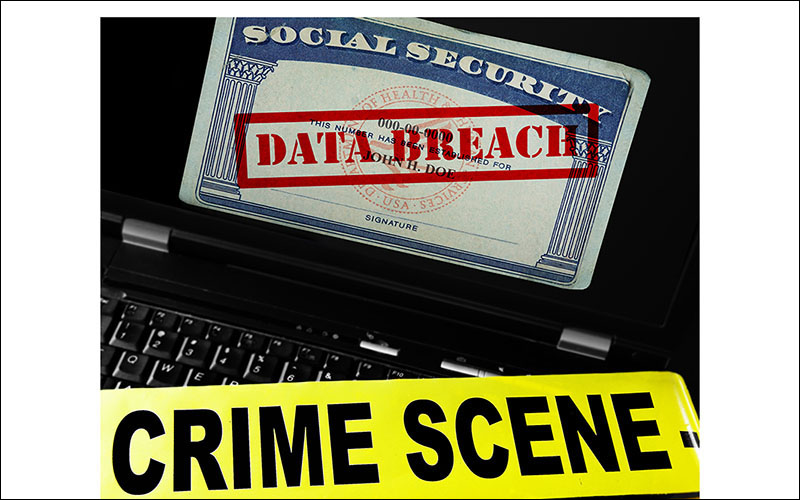CNBC —
You’ve probably received a phone call claiming your Social Security number has been compromised.
For people who fall for such Social Security scams, the experience can add up to big financial losses.
In January, a Chicago-area man pled guilty to money laundering for his role in the scheme, whereby he used a phony Indian passport, false name and false address in order to open U.S. bank accounts in order to receive money from victims.
The volume of calls is high. One telecom company terminated relationships with customers who collectively made 27 million calls in a single day after warnings and subpoenas from the Social Security Inspector General.
Since October, the government has received almost 300,000 Social Security scam-related complaints.
“Scammers have been hard at work for years going to great lengths to trick people out of their personal information and money,” Social Security Commissioner Andrew Saul said.
The calls often claim to represent credit card companies, other businesses and even the Social Security Administration.
The caller may claim there is a problem with your Social Security number or account. They may ask for your Social Security number or bank account information. And they may threaten you with an arrest or fine if you don’t pay a fee.
“The scammers play on emotion, generally fear, to get people to act without thinking,” Saul said.
One new twist to the scams is that the perpetrators will use real Social Security and other government officials’ names and show fabricated government identifications or badge numbers.
“Hang up,” Saul said. “Don’t engage with the caller.”
It’s also important to know that the SSA will never call you about a problem with your Social Security number or email or text photos purporting to be official identification, said Social Security Inspector General Gail Ennis.
“Never make payments with gift cards, wire transfers or mail in cash for any reason,” Ennis said.
If you receive a suspicious call, report it to the SSA Office of the Inspector General’s website.
On Thursday, March 18, the SSA is conducting an annual campaign to help raise public awareness about how to handle these schemes.
Called Slam the Scam Day, it will include live social media events to help educate the public about the scams. USA.gov will be hosting a Twitter chat at 3 p.m. Eastern, or 1 p.m. for Spanish speakers.
The SSA will be hosting a Facebook live event at 7 p.m. Eastern, where the Federal Trade Commission will be answering questions on the schemes.
This year, CVS stores have agreed to help spread the message by playing an announcement from Saul in its 10,000 U.S. stores.
The campaign will coincide with vaccine distribution that is underway in select CVS stores.
“We have a little bit of a captive audience and hopefully more people than normal in their stores,” Ennis said.
Other retailers who are also helping to get the word out about the dangers of Social Security scams include Walmart and Home Depot.
Continue reading at CNBC.com

